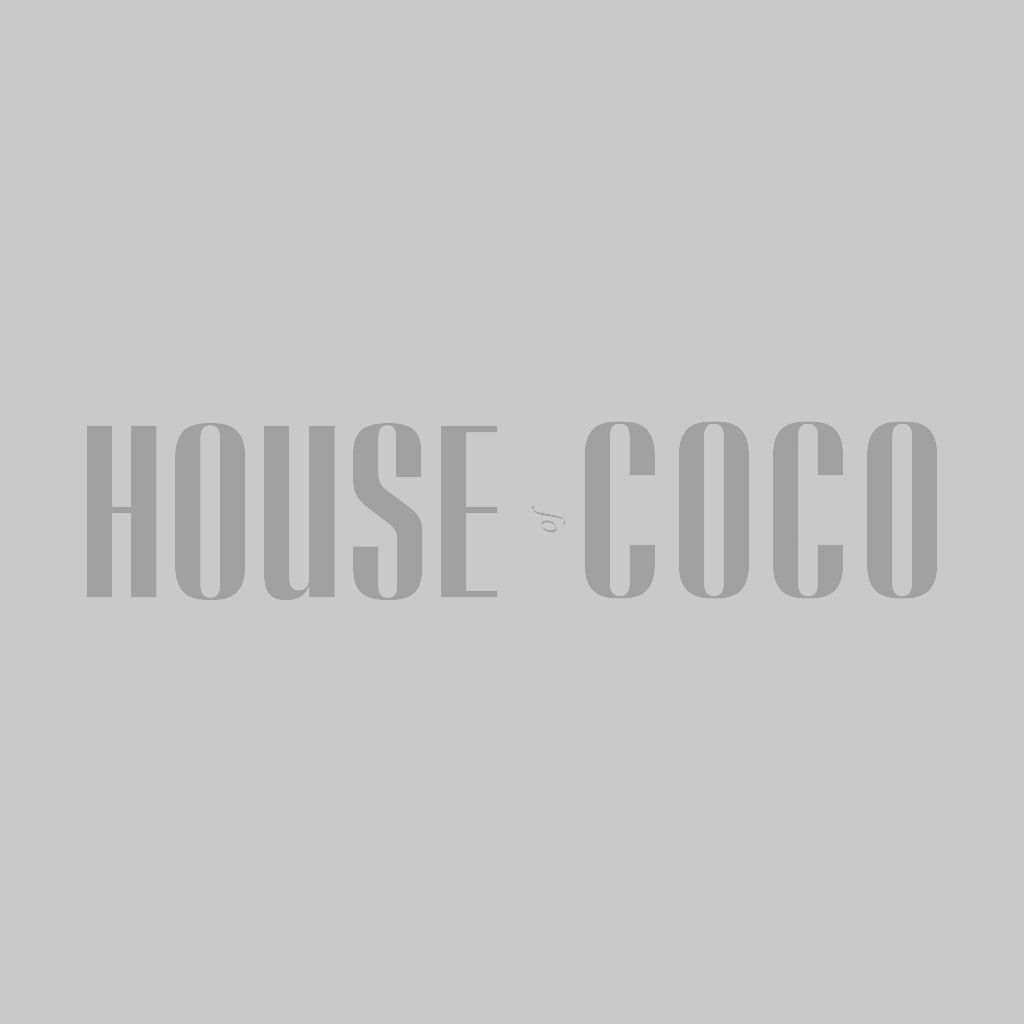There are various health benefits of eating vegan. It may encourage good heart health, help you lose weight and even alleviate pain from arthritis. However, there are some nutrients which your body needs to function properly and which a vegan diet doesn’t provide you with. Fortunately, these can be easily supplemented, so here are some of the supplements that you’ll need if you’re on a vegan diet.
Vitamin B12
This particular vitamin is probably the most necessary one for vegans to take as a supplement. Vitamin B12 is a nutrient which we get from eating meat, fish, and eggs, all of which a vegan diet doesn’t include. The problem is that our bodies need B12 to promote good cell health, and if there’s a deficiency of it in the body, it could lead to such complications as anemia, bone disease, heart disease, and nervous system damage. It could even be tied to infertility. And even though vitamin B12 deficiency is something that could happen to anybody, even to those who eat meat and fish regularly, vegans are at a much higher risk. Food such as spirulina, nutritional yeast, and some mushrooms grown in soil loaded with B12 might help, but the best bet is to take vitamin B12 supplements and B12-fortified foods, such as cereals or various plant milks. Accordingly, something else that can be taken alongside B12 is a brain-boosting tonic such as nanofuel. Just remember to always do plenty of research when using multiple supplements to avoid any potential interactions.
Vitamin D
This precious vitamin is important for good immune function, as well as mood regulation. It also helps our body absorb other nutrients, including calcium and phosphorus. The best way to get enough of vitamin D is to spend at least 15 minutes a day in the direct sun, especially when it’s at its strongest. However, this can prove to be problematic, since in order to protect ourselves from sunburn and to prevent cancer, it’s highly recommended that we wear sunscreen, which doesn’t allow normal production of vitamin D. Also, if the weather isn’t perfect, meaning that it’s cloudy and cold, people wear clothes which cover their skin and, again, the body is unable to produce sufficient levels of this vitamin. Vitamin D is added to dairy products, such as milk or yogurt, but these aren’t included in vegan diet. For vegans, it mostly comes down to fortified cereals, but these aren’t enough, which is why taking supplements is the best way to go.
BCAAs
Branched chain amino acids fall under the category of essential amino acids. This means that the body can’t create them on its own and that the only way to obtain them is through what we eat. This is where it gets tricky for vegans, since BCAAs are found in foods such as poultry, red meat, fish, eggs and dairy products, none of which vegan diet includes. This is why it’s recommended that, in case you’re eating vegan, you take them as supplements, and the most frequent form is the great-tasting BCAA powder. If, along with being vegan, you’re physically active, all the more reason to take BCAA supplements, since they build muscles and help them recover after exercising. They can also decrease fatigue you might feel while working out, but they may alleviate the symptoms of liver disease and protect liver cirrhosis sufferers from liver cancer as well.
Calcium
This vital nutrient is essential for building bone and teeth, as well as for normal muscle and heart function. And while omnivores and vegetarians get their calcium from dairy products, in order to consume the recommended daily amount of calcium, vegans can turn to plant foods such as chickpeas, leafy greens and plant milk fortified in this mineral. Other great plant-based sources of calcium are almonds, dried fruit and white bread. However, all of these might not be enough. In case your daily intake of calcium doesn’t meet the required levels, make sure you reach for supplements. They normally come in either capsule, or powder form. Also, if you want your body to absorb calcium better, take it in combination with vitamin D.
Zinc
Not only do very few plant foods contain zinc, but those that do make it difficult for the body to absorb zinc, since they have high levels of phytates. This is why vegans, as well as vegetarians, should take about 150% of the daily recommended amount of this mineral, especially pregnant women and those who are breastfeeding. This is important, since zinc promotes good metabolism and immune function, but it also helps repair body cells. So, if you don’t get a sufficient amount of zinc from your beans, legumes, tofu, oats, nuts or seeds, look for an adequate supplement to maintain good health at any age.
If you’re worried that your vegan diet doesn’t allow your body to receive all the nutrients it should to function normally, you don’t have to change your diet. Just get the right supplements and you should be just fine.


Comments are closed.